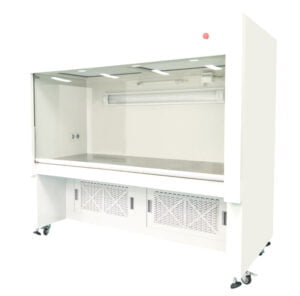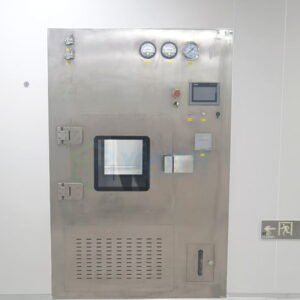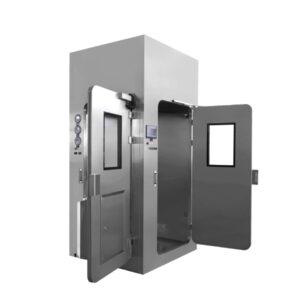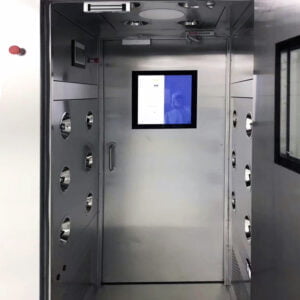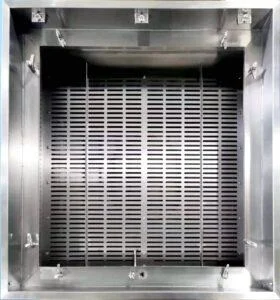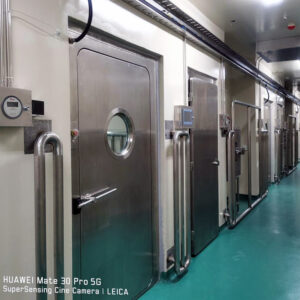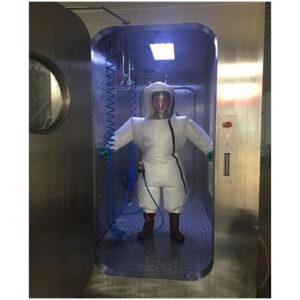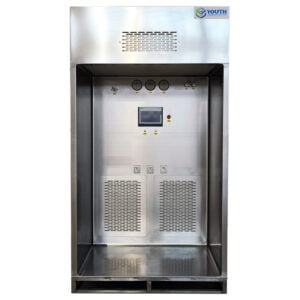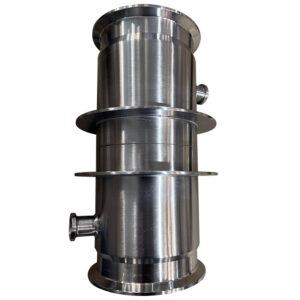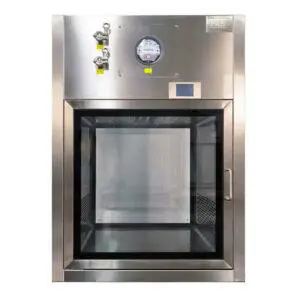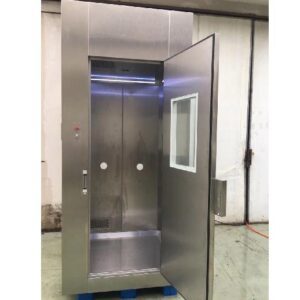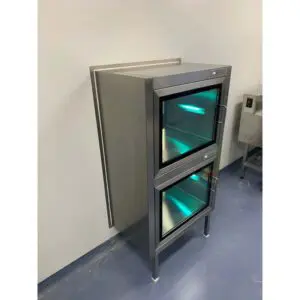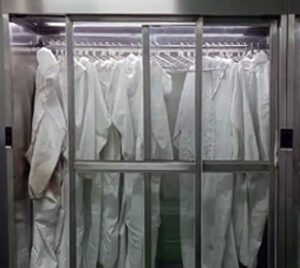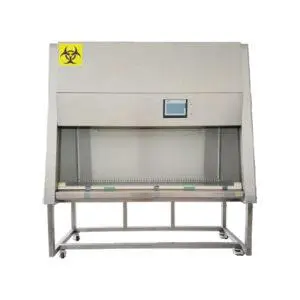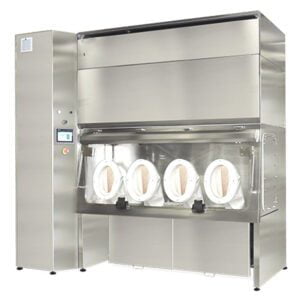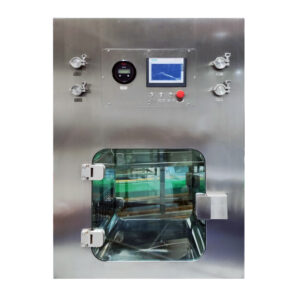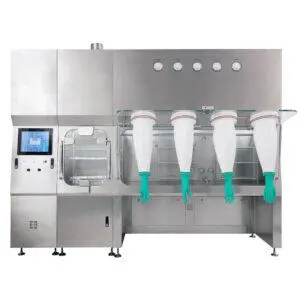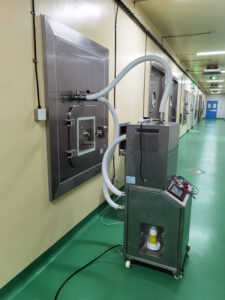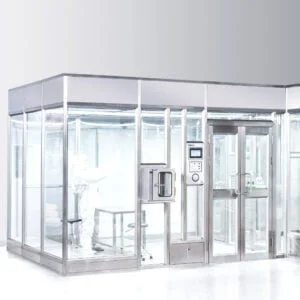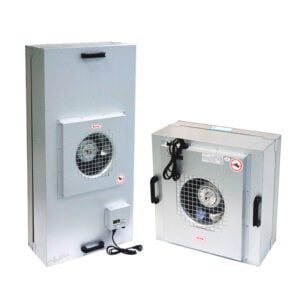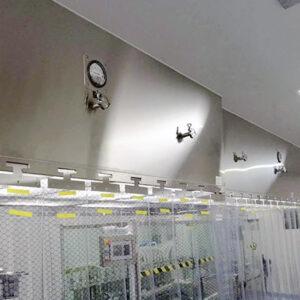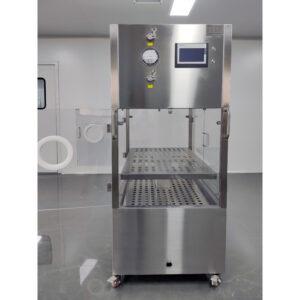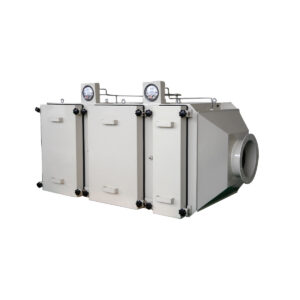In the critical world of medical device manufacturing, ensuring absolute sterility is not just a goal—it's an imperative. Vaporized Hydrogen Peroxide (VHP) sterilization has emerged as a groundbreaking solution, offering unprecedented precision, efficiency, and environmental safety in eliminating microbial contamination.
Medical device manufacturers face constant challenges in maintaining stringent sterilization standards while balancing cost-effectiveness and environmental responsibility. VHP sterilization represents a cutting-edge approach that addresses these complex requirements, transforming how critical medical equipment is prepared for clinical use.
The landscape of medical device sterilization is rapidly evolving, with VHP at the forefront of technological innovation. This article will comprehensively explore the intricacies of VHP sterilization, its mechanisms, advantages, and transformative impact on medical device manufacturing.
VHP sterilization is a game-changing technology that provides superior microbial elimination with minimal environmental footprint and maximum safety for sensitive medical devices.
Table: VHP Sterilization Comparison
| Parameter | VHP Sterilization | Traditional Methods |
|---|---|---|
| Temperature | Low (35-50°C) | High (121-134°C) |
| Cycle Time | 30-75 minutes | 60-120 minutes |
| Material Compatibility | Excellent | Limited |
| Environmental Impact | Minimal | Significant |
How Does VHP Sterilization Work?
What makes VHP such an innovative sterilization method?
VHP sterilization represents a sophisticated microbial elimination process utilizing vaporized hydrogen peroxide. The technique involves precisely controlled hydrogen peroxide vapor that penetrates complex medical device geometries, ensuring comprehensive decontamination.
Key mechanisms of VHP include rapid oxidation of microbial cellular structures, effectively destroying bacteria, viruses, and spores. The process leverages hydrogen peroxide's potent antimicrobial properties in a controlled vapor state.
VHP's molecular structure enables unprecedented penetration and microbial destruction, making it superior to traditional sterilization techniques.
Table: VHP Penetration Capabilities
| Device Type | Penetration Depth | Effectiveness |
|---|---|---|
| Simple Instruments | Complete | 99.9999% |
| Complex Geometries | Excellent | 99.99% |
| Porous Materials | Good | 99.9% |
Why Are Medical Manufacturers Choosing VHP?
Can VHP truly transform medical device sterilization?
The adoption of VHP by leading manufacturers like YOUTH reflects its remarkable advantages. Low-temperature processing prevents material degradation, making it ideal for heat-sensitive devices.
Environmental considerations are paramount. Unlike ethylene oxide sterilization, VHP produces minimal toxic residues, aligning with sustainability goals and regulatory requirements.
VHP represents the future of medical device sterilization: environmentally responsible, technologically advanced, and operationally efficient.
Table: VHP Environmental Impact
| Factor | VHP Performance | Traditional Methods |
|---|---|---|
| Toxic Emissions | Minimal | High |
| Chemical Residue | Near Zero | Significant |
| Carbon Footprint | Low | Substantial |
Challenges and Limitations of VHP Sterilization?
What potential obstacles exist in VHP implementation?
While highly effective, VHP sterilization requires precise equipment and expert implementation. Material compatibility, vapor concentration, and cycle parameters demand meticulous control.
Manufacturers must invest in specialized infrastructure and training to leverage VHP's full potential. Not all materials respond equally to the sterilization process, necessitating comprehensive compatibility testing.
Successful VHP implementation demands technical expertise, advanced equipment, and rigorous validation protocols.
Future of Medical Device Sterilization?
How will VHP shape future medical manufacturing?
Emerging technologies and regulatory shifts are positioning VHP as a pivotal sterilization method. Increasing emphasis on environmental sustainability and device safety will likely accelerate VHP adoption across medical device industries.
Innovations in vapor generation, monitoring technologies, and process optimization continue to enhance VHP's capabilities and accessibility.
The future of medical device sterilization is low-temperature, environmentally friendly, and precisely controlled—VHP embodies these critical attributes.
Conclusion
Vaporized Hydrogen Peroxide sterilization represents a transformative approach in medical device manufacturing. By offering superior microbial elimination, minimal environmental impact, and unprecedented flexibility, VHP is redefining sterilization standards.
As medical technology advances, VHP stands poised to play a crucial role in ensuring device safety, supporting innovation, and meeting increasingly stringent global regulatory requirements.
External Resources
FDA Facilitates Broader Adoption of Vaporized Hydrogen Peroxide for Medical Device Sterilization – Official FDA recognition of VHP sterilization methods.
Vaporized Hydrogen Peroxide (VHP) Sterilization – Comprehensive white paper on VHP technologies.
Infection Control Today – VHP Sterilization – Detailed analysis of VHP adoption trends.
Hotwatt – VHP Sterilization Opportunities – Exploration of VHP applications in medical device manufacturing.
FDA Sterilization Guidelines – Comprehensive resource on medical device sterilization standards.
ISO 22441:2022 VHP Sterilization Standard – International standards for VHP sterilization processes.
- AAMI TIR17 Material Compatibility – Technical guidance on sterilization material interactions.
Related Contents:
- VHP Sterilization: Advancing Medical Device Manufacturing
- The Environmental Impact of VHP Sterilization in Cleanrooms
- Environmental Impact of VHP Sterilization in Cleanrooms
- The Science of Vaporized Hydrogen Peroxide Sterilization
- Vaporized Hydrogen Peroxide Sterilization in Healthcare
- Vaporized Hydrogen Peroxide vs Traditional Sterilization: A Comprehensive Analysis
- VHP Sterilization: Ensuring Quality in Biotech Products
- Vaporized Hydrogen Peroxide vs. Traditional Sterilization: A Comparison
- The Green Revolution: VHP Sterilization’s Environmental Edge

